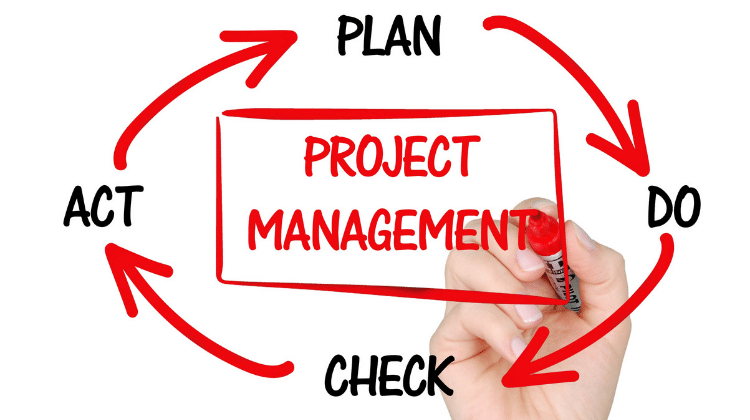
Brought to you by EdWel Programs:
A Project Management Professional (PMP) certification is recognized globally for individuals who want to manage organizational tasks. The Project Management Institute (PMI) grants this certification to people who passed the PMP exam. Several PMP training programs are available online to help you pass the certification test. Choosing the right training provider is vital to helping you in learn the ins-and-outs of being a project manager.
What are the PMP Training Programs?
PMP training courses help aspiring project managers pass the certification exam. Reputable training providers offer numerous different course outlines to tackle specific subject matter. PMP training courses include:
- The PMP Boot Camp – A crash course for the PMP certification test
- PM Essentials – Tackles the key concepts, techniques, and tools needed to become an active project manager
- Six Sigma – Instructors engage students in learning and obtaining the Lean Six Sigma Green Belt Certification. This recognition allows project managers to use specific techniques and tools to analyze and solve quality problems.
Aside from downloading videos and reading downloadable course topics, certain PMP training providers, like Edwel Programs, may also offer live classes or videos on demand. The right provider may also provide practice exams to help aspiring examiners determine if they’re ready to take the actual test.
Factors to Consider When Choosing a PMP Training Provider
Interested PMP certification test takers have several training providers to choose from. It’s vital to pick the right provider because the 200-question multiple choice exam may prove to be difficult for some individuals. Following are four things to consider when you’re shopping around for the right PMP training provider.
1. Exam Format Know-How
PMP trainers should have the right project management skills and know the five sections found in the PMP exam. The questions found in the certification test gauge your knowledge and skills in over 20 different areas of being a project manager. These include:
Initiating the Project – The PMP certification exam has 13% of its questions related to this area of knowledge. It includes about six tasks along with a knowledge and skills area. Problems may cover topics about analyzing documents, obtaining project approvals, and developing project charters.
Planning the Project – About 24% of the exam includes questions regarding planning and setting projects. It may consist of inquiries about creating project ideas, communicating with employees and shareholders, and other real-world tasks.
Executing the Project – This section is the largest and may also be the most critical section of the entire exam. It takes up about 30% of the test but may only consist of six tasks. Questions include deciding on project changes, following plans, and procuring resources.
Monitoring and Controlling the Project – 25% of the exam is from this section. This area may cover questions regarding project performance, quality control, and risk assessment.
Closing the Project – This area comprises about 8% of the total exam. It’s the last section, and it may cover seven tasks regarding transferring ownership, obtaining financial and legal closure, and establishing customer relationships.
2. Certified Principal Instructors
Make sure that the instructors training you to become a certified PMP should also have the proper certification. You and other PMP training course participants will greatly benefit if the instructor has a PMP certification.
PMP-certified instructors ensure proper delivery of course topics by explaining each subject matter clearly and concisely. Learning the different ropes regarding the PMP certification test helps you clear roadblocks to prepare for the exam.
3. Offers 35 Contact Hours Accompanied by an End of Course Assessment
One of the major requirements to become a fully-certified PMP is having at least 35 hours of project management education. Interested test-takers without this prerequisite can’t take the exam. Make sure the training provider gives you a certificate of completion to mark the conclusion of the 35 contact hours.
The PMP certification exam also requires the results of an “end of course assessment.” Trainers should provide this test to assess your knowledge of the different areas of project management.
4. Other Criteria in Choosing a PMP Training Provider
Aside from the factors already mentioned, consider the following categories during your search for the right training provider:
- The number of past students
- Downloadable PMP exam preparation materials
- Online customer and technical support
- Free sample questions that may be in the certification test
- An online forum where students can interact with each other
Above all, read reviews from past students of your preferred PMP training provider. Check for any positive or negative feedback from those students to see if the instructors and their teaching methods are worth your time. The right PMP instruction will help increase your earning potential as you gain more opportunities to land a job as a certified project manager.